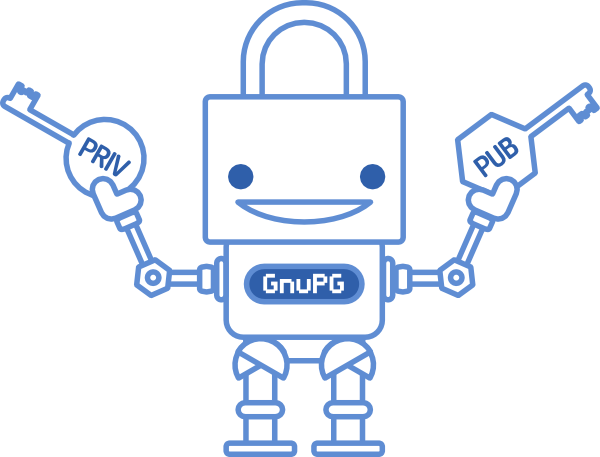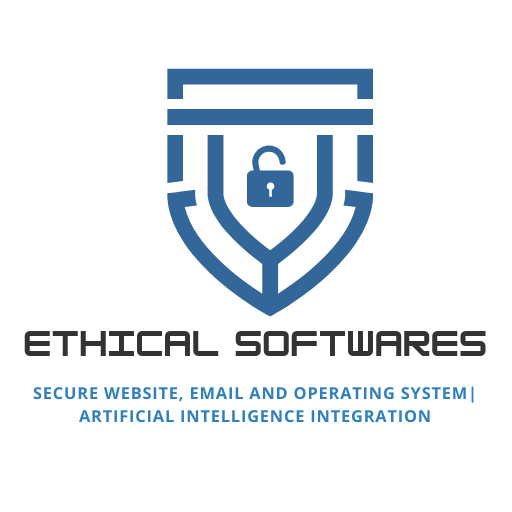Professional brand email service and Email encryption for your email self-defense
Posted by anhad on 2025/07/17
In the beginning of our teenage life, all of use learned to use free email services like gmail, yahoomail and hotmail. If something is provided free of cost, it does not mean that the service is safe. Gmail (Google mail) and Yahoomail are part of PRISM bulk suveillance program of National security agency, USA. Hotmail was invented by Sabeer Bhatia but was later purchased by Microsoft. These ‘free of cost’ email service providers are partner organizations in NSA which steal the information and documents that you exchange using these email services.
PRISM is a code name for a program under which the United States National Security Agency (NSA) collects internet communications from various U.S. internet companies.[1][2][3] The program is also known by the SIGAD US-984XN. PRISM collects stored internet communications based on demands made to internet companies such as Google LLC and Apple under Section 702 of the FISA Amendments Act of 2008 to turn over any data that match court-approved search terms. Among other things, the NSA can use these PRISM requests to target communications that were encrypted when they traveled across the internet backbone, to focus on stored data that telecommunication filtering systems discarded earlier, and to get data that is easier to handle.
PRISM began in 2007 in the wake of the passage of the Protect America Act under the Bush Administration.[10][11] The program is operated under the supervision of the U.S. Foreign Intelligence Surveillance Court (FISA Court, or FISC) pursuant to the Foreign Intelligence Surveillance Act (FISA). Its existence was leaked six years later by NSA contractor Edward Snowden, who warned that the extent of mass data collection was far greater than the public knew and included what he characterized as “dangerous” and “criminal” activities. The disclosures were published by The Guardian and The Washington Post on June 6, 2013. Subsequent documents have demonstrated a financial arrangement between the NSA’s Special Source Operations (SSO) division and PRISM partners in the millions of dollars.
Edward Snowden publicly revealed the existence of PRISM through a series of classified documents leaked to journalists of The Washington Post and The Guardian while he was an NSA contractor at the time, thus fleeing to Hong Kong.[1][2] The leaked documents included 41 PowerPoint slides, four of which were published in news articles.[1][2]
The documents identified several technology companies as participants in the PRISM program, including Microsoft in 2007, Yahoo! in 2008, Google in 2009, Facebook in 2009, Paltalk in 2009, YouTube in 2010, AOL in 2011, Skype in 2011 and Apple in 2012.[22] The speaker’s notes in the briefing document reviewed by The Washington Post indicated that “98 percent of PRISM production is based on Yahoo, Google, and Microsoft”.
The slide presentation stated that much of the world’s electronic communications pass through the U.S., because electronic communications data tend to follow the least expensive route rather than the most physically direct route, and the bulk of the world’s internet infrastructure is based in the United States. The presentation noted that these facts provide United States intelligence analysts with opportunities for intercepting the communications of foreign targets as their electronic data pass into or through the United States.
https://en.wikipedia.org/wiki/PRISM
Bulk surveillance violates our fundamental rights and makes free speech risky. This guide will teach you a basic surveillance self-defense skill: email encryption. Once you’ve finished, you’ll be able to send and receive emails that are scrambled to make sure a surveillance agent or thief intercepting your email can’t read them. All you need is a computer with an Internet connection, an email account, and about forty minutes.
Even if you have nothing to hide, using encryption helps protect the privacy of people you communicate with, and makes life difficult for bulk surveillance systems. If you do have something important to hide, you’re in good company; these are the same tools that whistleblowers use to protect their identities while shining light on human rights abuses, corruption, and other crimes.
In addition to using encryption, standing up to surveillance requires fighting politically for a reduction in the amount of data collected on us, but the essential first step is to protect yourself and make surveillance of your communication as difficult as possible.
In general, the terms GnuPG, GPG, GNU Privacy Guard, OpenPGP and PGP are used interchangeably. Technically, OpenPGP (Pretty Good Privacy) is the encryption standard, and GNU Privacy Guard (often shortened to GPG or GnuPG) is the program that implements the standard. Most email programs provide an interface for GnuPG. There is also a newer version of GnuPG, called GnuPG2.

To use the GnuPG system, you’ll need a public key and a private key (known together as a keypair). Each is a long string of randomly generated numbers and letters that are unique to you. Your public and private keys are linked together by a special mathematical function.
Your public key isn’t like a physical key, because it’s stored in the open in an online directory called a keyserver. People download it and use it, along with GnuPG, to encrypt emails they send to you. You can think of the keyserver as a phonebook; people who want to send you encrypted email can look up your public key.
Your private key is more like a physical key, because you keep it to yourself (on your computer). You use GnuPG and your private key together to descramble encrypted emails other people send to you. You should never share your private key with anyone, under any circumstances.
In addition to encryption and decryption, you can also use these keys to sign messages and check the authenticity of other people’s signatures.
~~~~~~~~~~~~~~~~~~~~~~~~~~~~~~~~~~
Ethical Softwares provides Professional Brand Email address with Gnupg Encryption and Two-factor authentication. Please click on the web-address below to read about its details and to purchase our service :
https://ethicalsoftware.noblogs.org/ourservices/gnu-privacy-guard-for-email-encryption/
Thank you for reading
Kuber
Filed under General
